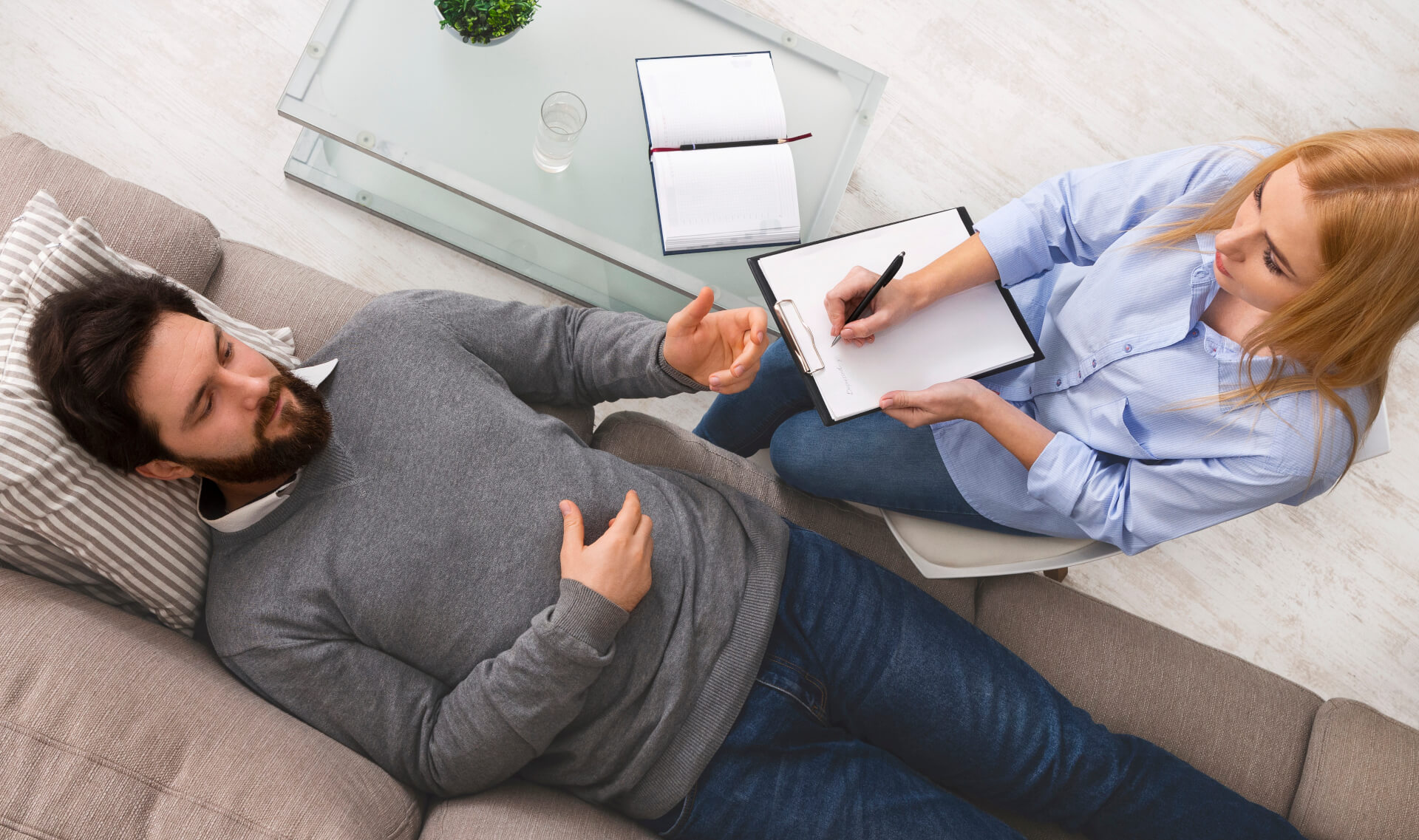
Surviving a Pandemic A toolbox for your mental health
This week is not like the last. In a very short period of time, our lives have changed drastically due to the COVID19 pandemic and we are all learning to navigate this new way of life. With any major change, there is a period of adjustment. Given the stark change in routine and our newly mandated isolation, it’s no surprise that people are questioning how they are supposed manage not only the day to day demands of this new normal, but also the toll this will have on their mental health.
Some are facing the uncertainty of the health of their loved ones or themselves, others are showing up despite their fears to help others, while others stay home due to job loss or work from home orders. While our day to day may look similar or vastly different from that of our friends or neighbors, we are all in this together and looking for a way to feel better.
There are many ways, we as therapists try to help our clients. In this extreme time of uncertainty, it can help to get back to basics, a skill I like to help my clients with when feeling overwhelmed. What could this look like during our current situation?
Right now, there are a number of variables that are not in our control. In life this is always true, but this drastic turn of events has made this much more apparent to us all. This can lead to heightened fear leading to panic and anxiety. A tool for dealing with this, is looking at the smaller actions that you do have control over. The time we wake up, go to bed and the general ways we care for ourselves can all play a part in helping us to reduce feelings of helplessness.
The simple act of creating a schedule or time chunking, the method of breaking your day into chunks of time to be more effective, can help in creating some sense of routine. Creating a routine during this time, where many of our daily habits and tasks have changed so quickly, can help create order and boundaries for ourselves. The common expression, “humans are creatures of habit” is symbolic of the idea that habit gives a sense of comfort, much like routines. Although our daily routines may have changed, we can create or adjust our new routines to help find comfort during this time of uncertainty.
There are a number of wonderful tools in the mental health community that have gained a lot of pop culture attention, such as gratitude and mindfulness. These are practices that you may have already used and want to revisit or perhaps it’s something to start now. If these all feel like a little too much to handle at the moment, an easy introduction to get you started in feeling more present is to practice an easy grounding exercise using your senses. Using your five senses or however many you have accessible to you at the moment, take in what you see, smell, hear, taste and feel. Use this repeatedly to help shift your focus and bring you back to the current moment.
As a reminder, these are only tips and it’s important to find methods that work for you as an individual. These are scary times, and it’s normal to feel a range of emotions around this. If you are struggling to manage, there are trained professionals who can help with more guidance. Remember to be kind to yourself and others right now, we’re all in this together.



